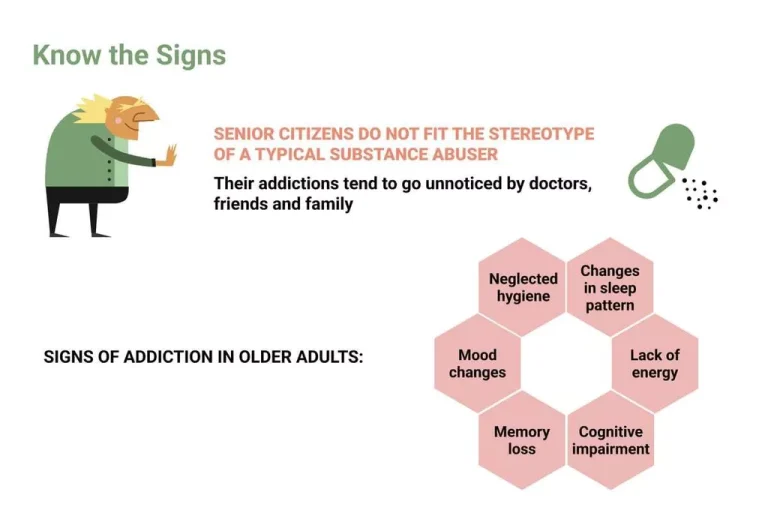
Cozy shared bedrooms offer residents a quiet place to reflect, recharge, and reinvigorate after a long day. Avenues NYC sober livings also provide a full complement of amenities, including cable television, high speed wireless internet, and HD smart TV’s. In addition to studying a larger number of offenders, we hope to explore an innovative intervention designed to https://ecosoberhouse.com/ improve outcomes for these residents in terms of employment, arrests, and other areas. Our intervention modifies motivational interviewing to address the specific needs of the offender population (Polcin, 2006b). Specifically, it helps residents resolve their mixed feelings (i.e., ambivalence) about living in the SLH and engaging in other community based services.

Get Help For Addiction
- Interviews will elicit their knowledge about addiction, recovery, and community based recovery houses such as SLHs.
- If you are ready to take back control of your life and enter addiction treatment, contact a treatment provider today to explore your rehab options.
- You’ll learn financial responsibility by paying rent, time management by following the house schedule, and self-care practices crucial for maintaining sobriety.
After completing detox and addiction treatment, newly sober individuals need to continue receiving the support they deserve. This often includes finding a stable living environment that is free of drugs or alcohol. Even the most highly motivated people can find it hard to remain sober if there are drugs or alcohol in their living space when they are newly sober. Think of sober living as your support net as you practice new skills, gain new insight and shape your new life in recovery with other people who are possibly facing the same challenges. Sober-living homes provide a strong support network and community to help you safely navigate the tough spots and triggers you may encounter. Let’s say you or a loved one has almost completed an alcohol or other drug addiction treatment program.
Is There a Difference Between Sober Living and Halfway Houses?
If you or someone you love needs help with addiction, the licensed professionals at Into Action Recovery can help. Our multidisciplinary staff works closely with each client to develop a customized plan for overcoming sober living homes their addiction that prepares them for long-term sobriety. This targeted treatment addresses each client’s individual needs, identifying the tools and resources that can lead them to continued success.
- The Services should only be used in conjunction with the guidance and care of your physician(s).
- These organizations created 12-step houses that offered an alcohol or drug-free living space while also encouraging attendance at AA meetings.
- The idea is that people who share their devotion to living sober lives can do better when they stick together in the early stages of sobriety.
- Others may have relapsed after treatment and therefore feel the need for increased support for abstinence.
- Additionally, many homes are linked to professional counseling services and job placement programs, further assisting in the rehabilitation process.
- Often the structure and routine of treatment programs help keep folks sober, and risking the loss of that when completing the program can be a threat to your recovery.
What to Know About the Sober Living House
“If there’s not a ‘perfect’ fit, you may still benefit from the structure, support and monitoring that a sober living house provides until you feel more confident in your sobriety,” says Dr. Kennedy. While at an SLH, residents may be able to resume other aspects of their lives before recovery, such as work or family obligations. Read on to learn more about sober living houses, including how they function, whether one may be right for you or a loved one and how to find a reputable facility in your area. Most sober living homes are privately run and not government-funded, but financing options may be available. Some residents have family members or friends to help them pay for sober living.
Primary Outcomes

Sober living homes, also known as sober houses, are transitional living spaces for people who want to maintain sobriety. It provides a safe environment for people to focus on their recovery after substance abuse treatment. However, sober living houses are not covered under insurance since they do not provide treatment services and thus aren’t considered rehabilitative facilities.

Family Matters
What Is a Sober Living House?
Finding a Sober Living Program Near You

